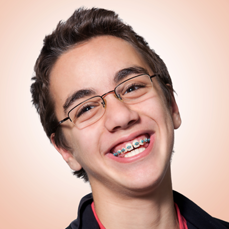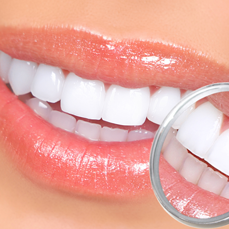OrthoSm;)eTM Orthodontics Braces
Teeth Straightening or Braces is the art of moving teeth to bring out "Your" Sm;)eTM that naturally resides within you. We recognised no two person has the same orthodontics problems including twin siblings and it requires good treatment planning and braces work to reveal that Sm;)e™ in you.
At OrthoSm;)e™, we provides a wide range of braces options to customise to your needs. For example, you can choose the traditional “Wire” system or simply go invisible with our “Wire-less” aligner systems.
Click the blue tabs below for various braces treatment options. Click on ![]() (when you spot one) to be enlightened
(when you spot one) to be enlightened ![]()
OPTION 1 : CLEAR AESTHETICS BRACKETS
We use ceramic brackets that work like metal brackets. But unlike metal brackets, ceramic brackets blend in with your teeth for a better look. They are the perfect combination of strength and beauty, so you can keep smiling during, and after your treatment.
OPTION 2 : CLEAR ORTHODONTIC ALIGNERS
Aligner systems uses clear orthodontic aligners

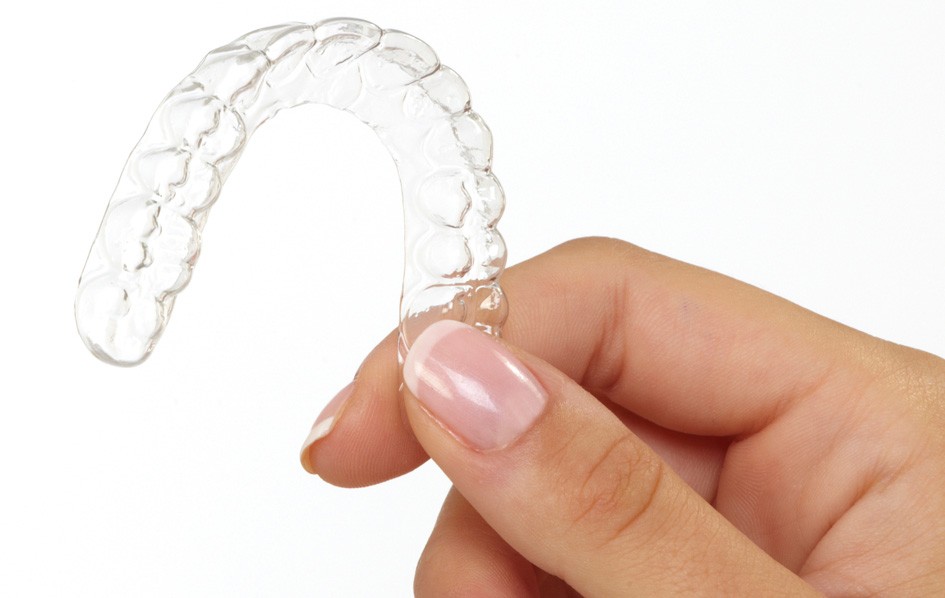
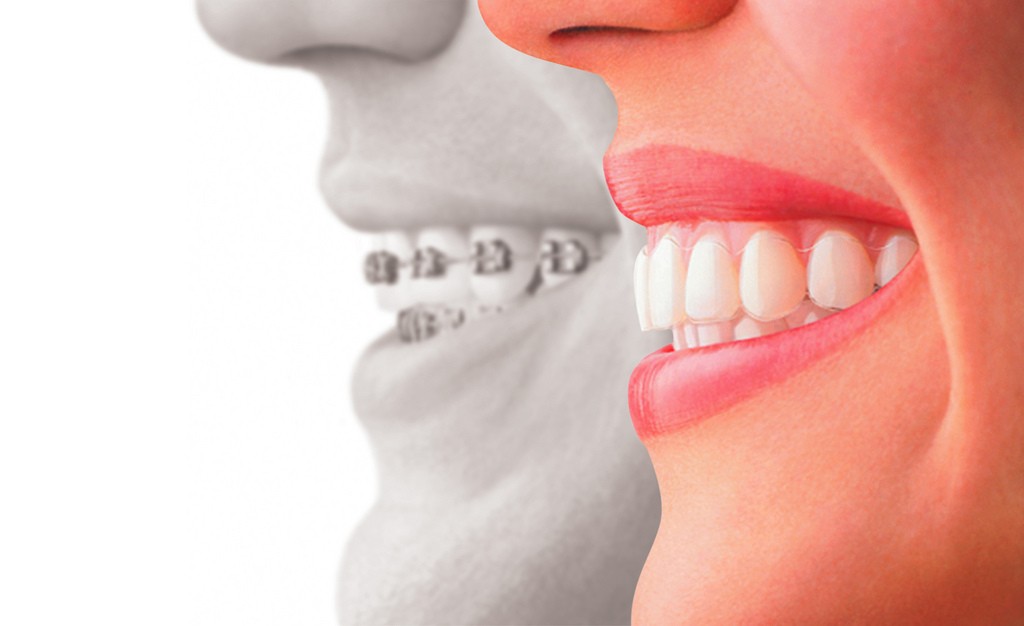
The process is different with these orthodontic aligners in that you wear them under our supervision. When the aligners are placed over the teeth, they caused the teeth to gradually shift from their current position. After about two weeks, you will move to the next set of aligner and continue the teeth straightening process.
Some of the advantages of clear orthodontic aligner system vs the traditional wire braces system are:
- You can look "Good" during treatment as the aligners are nearly invisible when put on
- Clean teeth normally and easier to maintain oral health during treatment as the aligners are removable
- Flexibility to adapt to special occasion as the aligner can be removed and pop back when you are done.
- Eat and drink without much restriction
Click on the logo below to find out more.
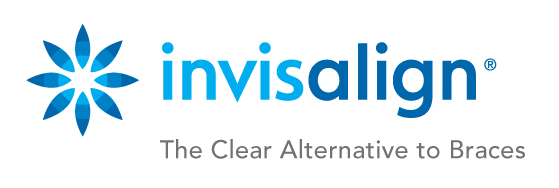 |
Explore other straightening options by clicking the blue tabs above.
Alternatively, click on below images to explore other services.
Traditional braces are made up of three main components including the bracket, which is placed on the tooth, the archwire that runs through each bracket, and a rubber “tie” which connects the archwire tightly to the bracket. This is known as active ligation and generally has more friction. As friction is the resistance to movement, it will requires more applied force to move teeth.
Passive ligating bracket eliminate the need for “ties” and instead use a permanent moveable component that is installed to hold the wire in place. Examples includes Carriere ![]() system and Damon
system and Damon ![]() system.
system.
Others modifiy their bracket design to creates a low friction passive bracket even when use with the traditional rubber "tie".
Example is the Synergy SWLF![]() system.
system.
In either approach, the goal is the same. That is to aim to reduce friction in your mouth and allow your teeth to move more freely with less applied force.
Treatment is therefore more comfortable than traditional braces, which allows your teeth to move more efficiently.
Times have changed, and so have traditional metal braces. They no longer resemble the big clunky braces from the past. Modern traditional metal "Wire" braces are smaller and more comfortable than ever before with lower profiles and stronger adhesives.
Traditional braces are made up of three main components including the bracket, which is placed on the tooth, the archwire that runs through each bracket, and a rubber “tie” which connects the archwire tightly to the bracket. This is also known as active ligation.
Remember to have fun choosing those colourful elastic "tie" ![]()
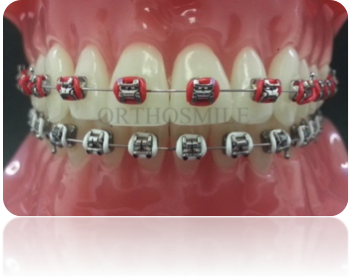
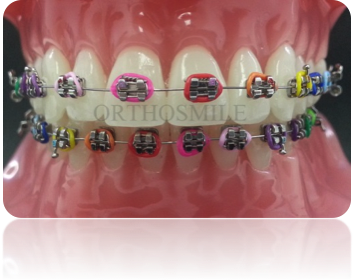
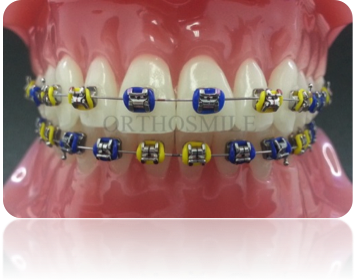
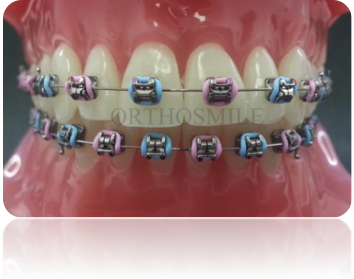
These functional appliances make use of forces created by the head and neck muscles to bring about the desired dental, facial, and functional changes. Appliances can be removable or fixed (cemented).
For children, it can be of great advantage to have a first braces consultation done at age 7 as certain orthodontic problems can benefit from early treatment. Common examples are use of Facemask
See the types of braces problem (termed Malocclusions) under our "Useful Information"
At OrthoSm;)e™, we are able to advise you whether your child needs functional growth therapy.
Orthognathic surgery is a treatment combination of using braces and surgery. The surgical process involves moving the skeletal upper jaw or lower jaw or both jaws to improve the facial profile and sometimes this is done together with chin surgery (genioplasty) to reposition the chin.
Orthognathic surgery is usually indicated when the malocclusion problem is too severe to be corrected by just using braces alone.
See under "USEFUL INFORMATION"











